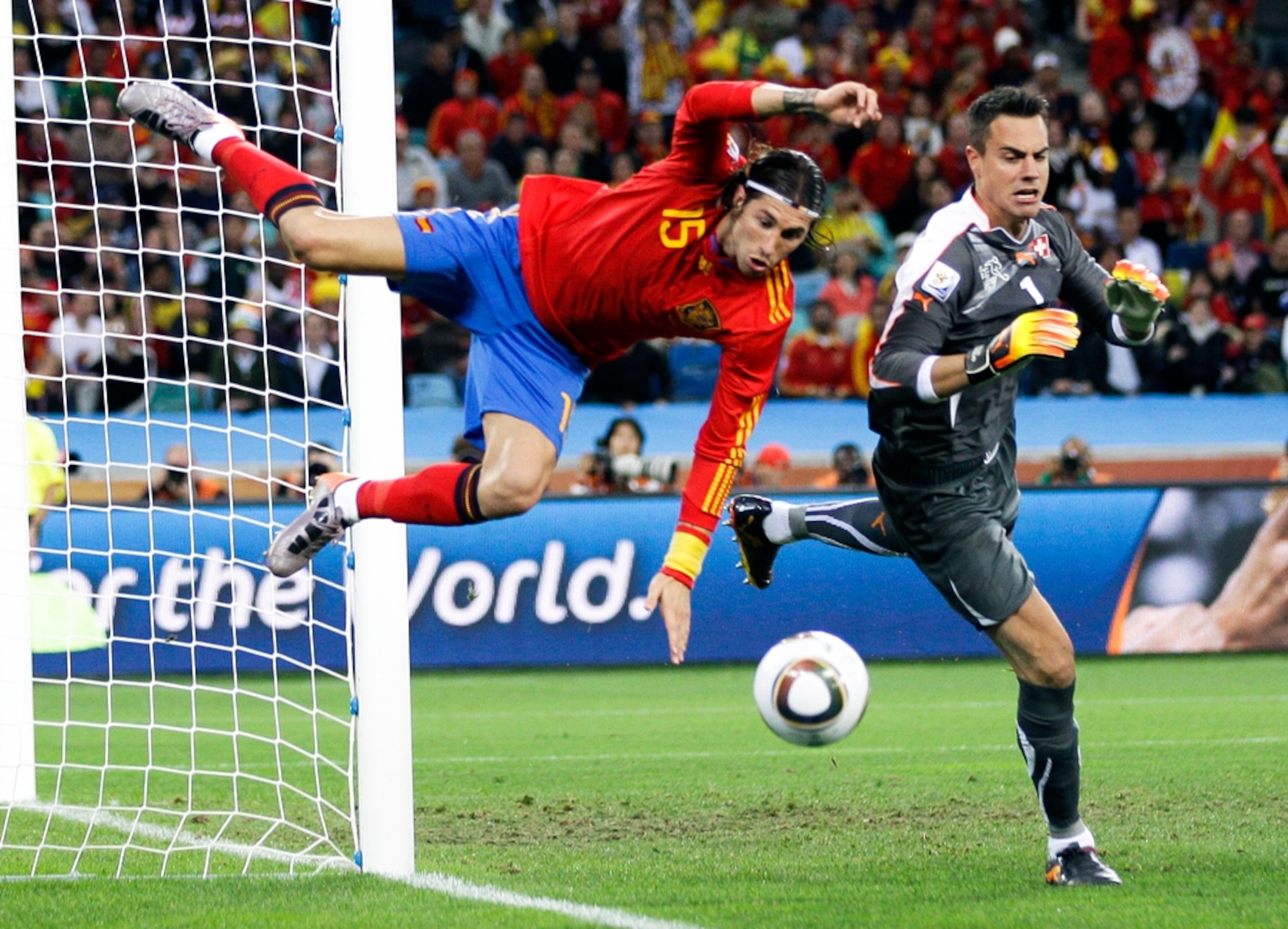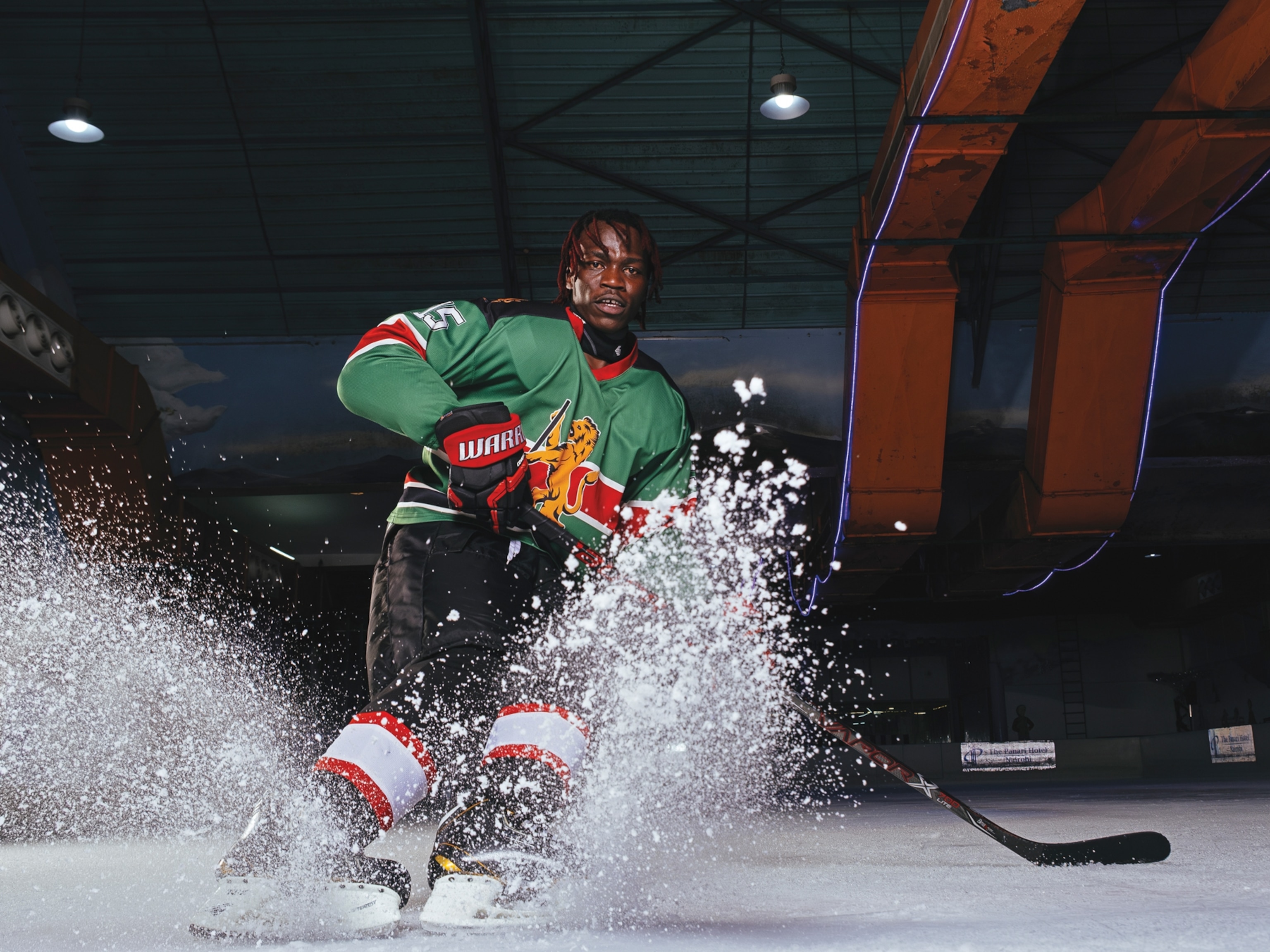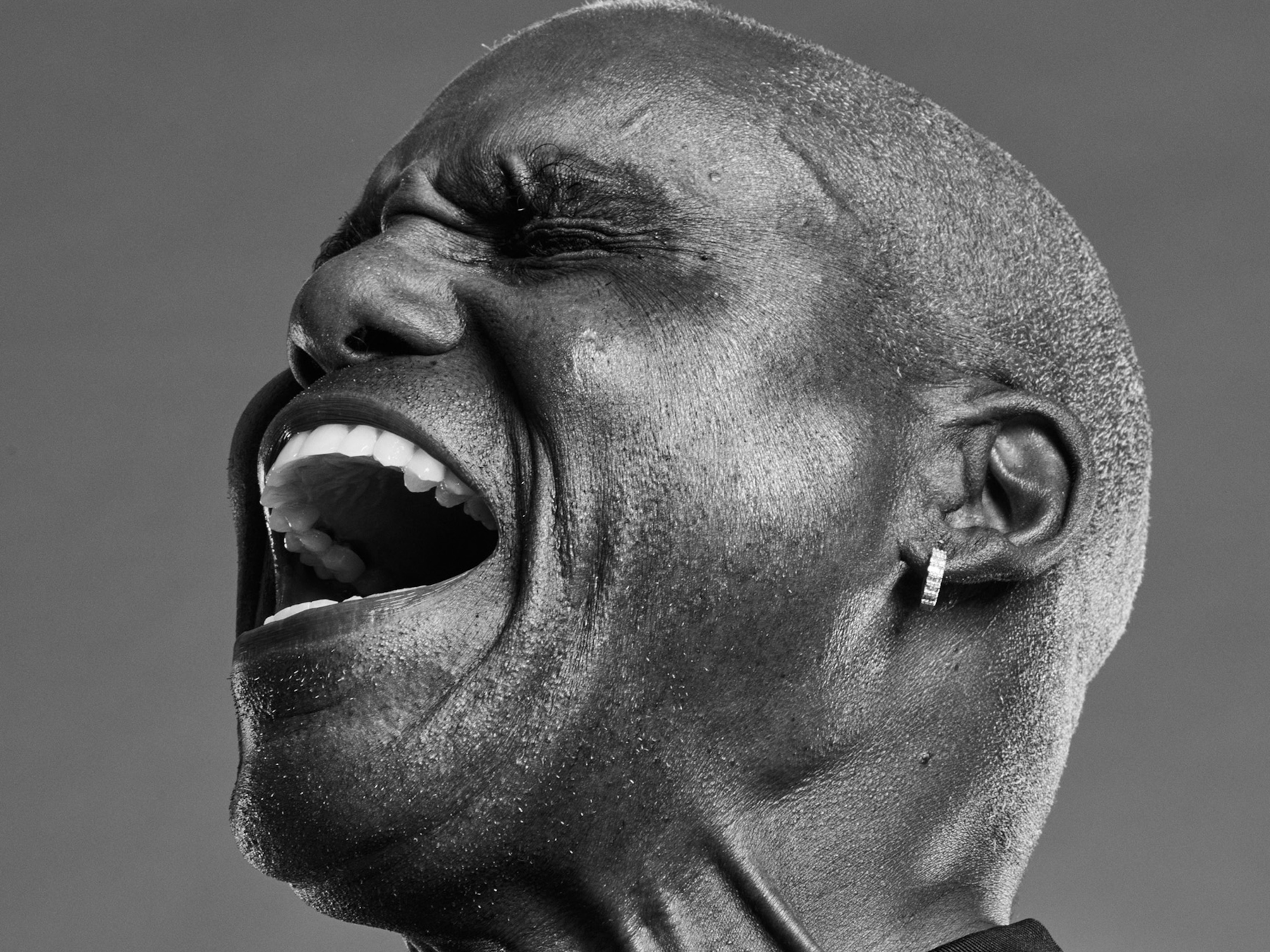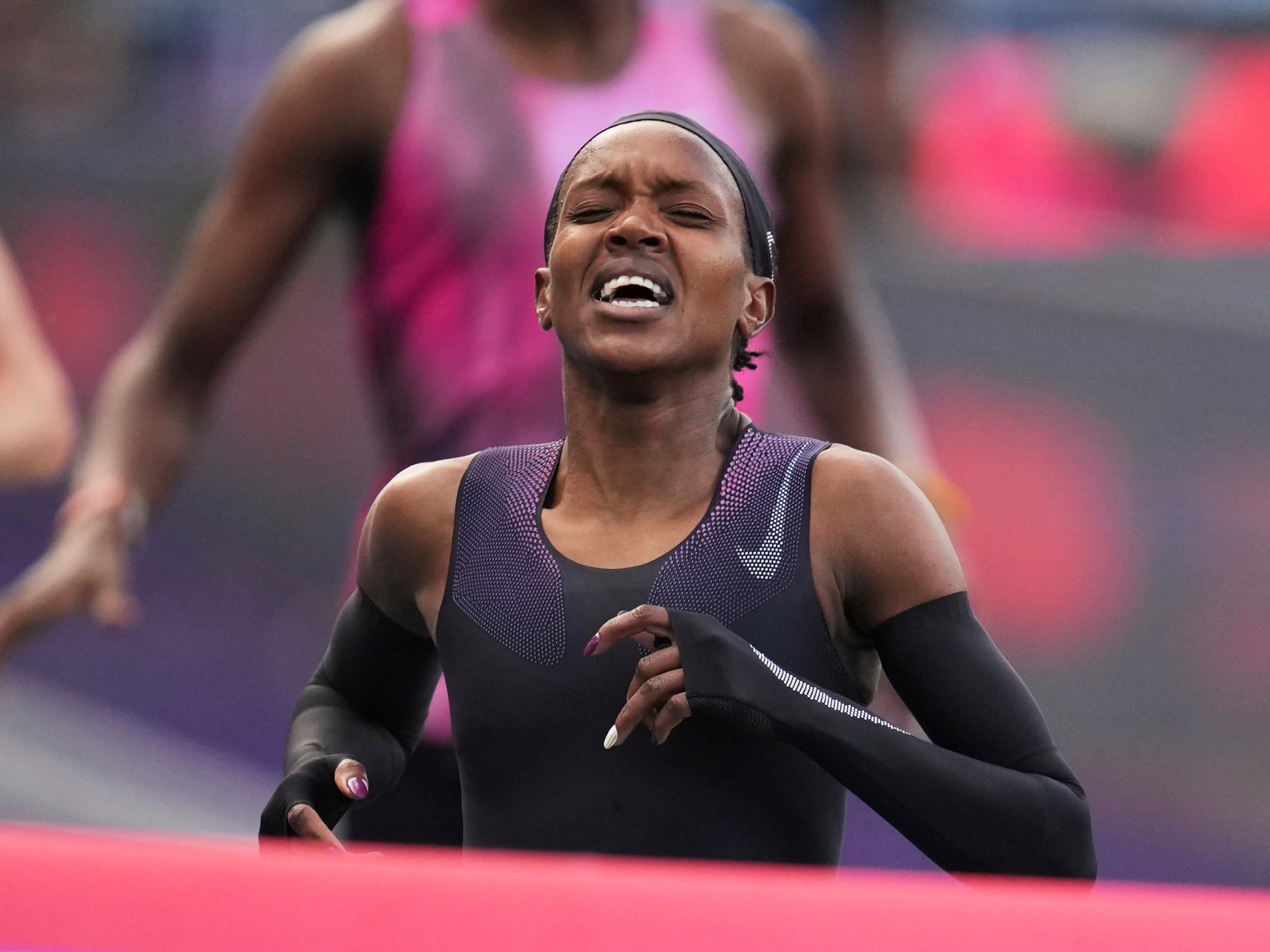
World Cup Science: Soccer's Greatest Player Is ...
Could a new scientific system end arguments over who's the world's best soccer player? No. But researchers are naming names anyway—by the numbers.
During the FIFA World Cup, it's among Earth's most provocative questions: Who's the world's best footballer?
Now a scientific system could put a rest to all those soccer arguments over Pele, Maradona, Ronaldo, Ronaldinho, and the rest. Well, a statistician can dream, anyway.
(See National Geographic soccer pictures from around the world.)
The new ranking method devours "hidden" statistics to provide an objective ranking of the world's top soccer players, soccer-loving scientists announced Wednesday, via a study in the journal PLoS ONE.
Like any die-hard fan, Luís Amaral loves to compare favorite footballers' performances. Unlike other fans, though, he has a professional interest in understanding how teams work—especially winning teams, whether they be in the World Cup or in scientific research.
"A team can be working really well, but we're not able to get at how much each team member is contributing," explained Amaral, a professor of chemical and biological engineering at Northwestern University.
"We want to be able to quantify the contribution of each one of the team members," he said, describing both soccer and social network analysis.
(Also see "World Cup Witchcraft: Africa Teams Turn to Magic for Aid.")
World Cup Science Mines "Flow Networks"
Unlike, say, baseball, soccer is short on measurable stats. Among other things, scoring is limited, which can, for example, hide the impact of players who win balls from opponents or set up winning plays with essential but unglamorous passes.
But an unprecedented number of statistics were collected during the 2008 UEFA European Football Championship, whose final is probably the closest thing to a European Super Bowl.
Charting each pass, the UEFA data provided Amaral with a golden opportunity. His team wrote software to crunch the stats and map "flow networks," the routes the ball takes from player to player.
"We could do computer simulations on these paths and figure out what are the paths through [certain] players that have better chances of resulting in shots or goals," he said.
The more times the ball went through a player and eventually resulted in a shot, the better that player's performance. (Goalies are excluded from the rankings.)
(Related: "World Cup Kicks Off With Rounder, High-Tech Ball" [2006].)
Which footballers came out on top?
Scientifically speaking, Euro 2008's top four soccer players were from the champion Spanish side, including defender Sergio Ramos and midfielder Xavi Hernandez, who tied for first place. Both are playing for Spain in the 2010 World Cup. (Read a National Geographic history of Spain's greatest soccer moments.)
Dutch and Portuguese players also scored high marks. (See full list at bottom.)
(See "World Cup Shoots for Greener Games" [2006].)
Best-Footballer Picks Match Many Soccer Experts'
Big international tournaments like Euro 2008 and the World Cup draw hundreds of experts from diverse backgrounds.
Each football critic of course has his or her own biases—as with Amaral's admitted love for his native Portugal. But the professor was delighted to see that pundits' rankings of the best soccer players closely matched the new system's results.
Three of the computer's top five Euro 2008 players were also named to the Team of the Tournament, a theoretical all-star team selected by a panel of coaches. Interestingly, Ramos, who topped the computer rankings, didn't make the all tournament team, though his teammate Hernandez did.
So who'll be the king of the 2010 World Cup in South Africa? We should know soon.
"During the World Cup, FIFA is putting these same statistics online, so anyone can see the passing matrixes," Amaral said. "We are in the process of repeating the study, and by Friday [June 18] we'll have something online rating the players from these matches." (See the researchers' latest World Cup 2010 player stats.)
(Play with National Geographic's interactive soccer-photo puzzles.)
Greatest World Cup Players of History?
Someday, current World Cup stars could even be scientifically ranked against the best footballers of all time.
"I think it's very cool that we have a way to compare the performance of different players in different tournaments," Amaral said.
"And in past tournaments there were players everybody remembers—like Pele, [Diego] Maradona, and [Franz] Beckenbauer, with their amazing performances," he said.
"If someone had the data on those matches we could actually come up with a score for those players' performances. We could see which were the greatest of all time."
****
Top 20 Soccer Players
2008 UEFA European Football Championship
1 (tie). Sergio Ramos, Spain
1 (tie). Xavi Hernandez, Spain
3. Marcos Senna, Spain
4. David Silva, Spain
5. Wesley Sneijder, Netherlands
6 (tie). Deco, Portugal
6 (tie). Joan Capdevila, Spain
8. Cristiano Ronaldo, Portugal
9. David Villa, Spain
10 (tie). Armando Petit, Portugal
10 (tie). Cesc Fabregas, Spain
10 (tie). Carlos Marchena, Spain
10 (tie). Gokhan Inler, Switzerland
14 (tie). Jose Bosingwa, Portugal
14 (tie). Rafael van der Vaart, Netherlands
16 (tie). Ruud van Nistelrooy, Netherlands
16 (tie). Ivan Rakitic, Croatia
16 (tie). Nigel de Jong, Netherlands
19 (tie). Roman Pavlyuchenko, Russia
19 (tie). Andre Ooijer, Netherlands






